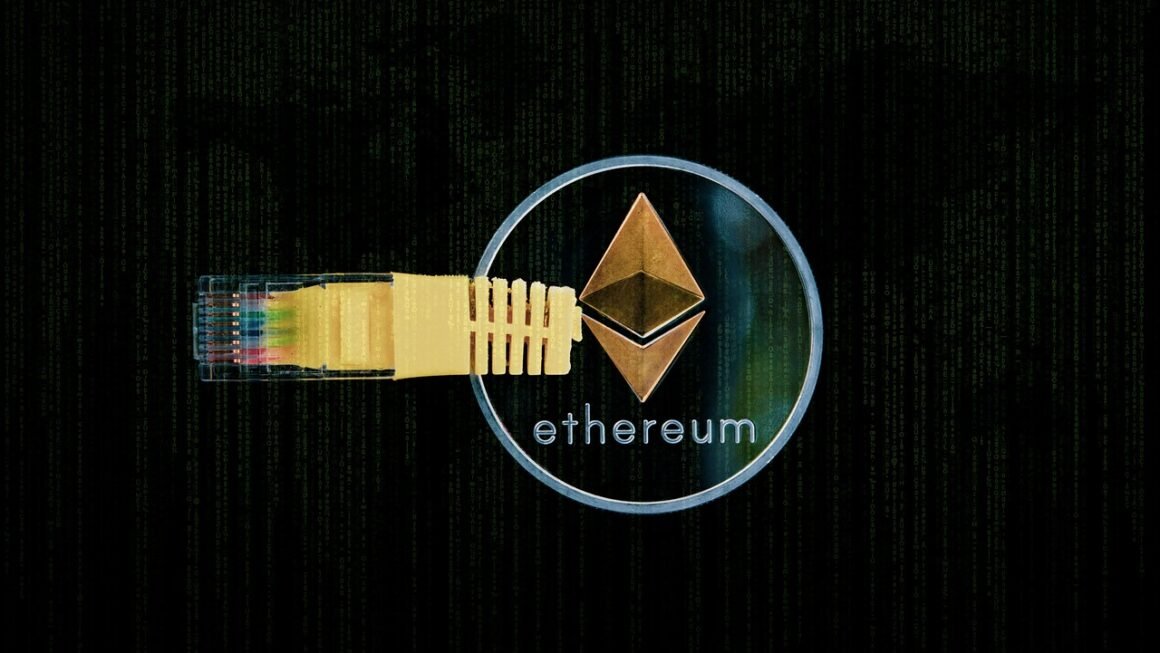Decentralized Autonomous Organizations (DAOs)
In the rapidly evolving digital landscape, Decentralized Autonomous Organizations (DAOs) have emerged as game-changing entities. DAOs are internet-native organizations characterized by their distributed governance, transparency, and autonomy. This article provides an in-depth exploration of DAOs, their key features, and their transformative potential.
Benefits of DAOs
DAOs offer a myriad of benefits, including:
Decentralized Governance
- Transparent decision-making: Decisions are made through collective votes, fostering transparency and accountability.
- Reduced bureaucracy: Streamlined decision-making eliminates hierarchical barriers and speeds up operations.
Autonomy and Self-Execution
- Self-executing agreements: Smart contracts automate tasks and enforce agreements without external intermediaries.
- Inherent flexibility: DAOs can be easily modified and updated to adapt to changing needs.
Enhanced Security
- Increased resilience: The distributed nature of DAOs protects against single points of failure and malicious actors.
- Cryptographic security: Blockchain technology ensures the integrity and confidentiality of data and transactions.
Features of DAOs
DAOs are defined by their unique features:
Tokenization
- Governance tokens: Represent voting rights and ownership in a DAO.
- Fungibility: Tokens can be easily traded and used as a form of currency.
Smart Contracts
- Execute rules and agreements: Automate processes, enforce rules, and distribute rewards or penalties.
- Transparency and immutability: Smart contracts are publicly visible and cannot be altered retrospectively.
Community and Governance
- Membership: DAO members are typically determined by token ownership or stakeholder status.
- Proposals: Members can submit proposals for new initiatives, rule changes, or resource allocation.
Types of DAOs
DAOs can be categorized into various types based on their purpose:
Social DAOs
- Focus on community building, social impact, and resource sharing.
- Example: Gitcoin provides grants to open-source developers.
Investment DAOs
- Pool funds from investors to collectively manage and invest in assets.
- Example: The LAO (Limitless Autonomy Organization) invests in early-stage startups.
Protocol DAOs
- Govern decentralized protocols or platforms.
- Example: MakerDAO manages the Maker stablecoin and its underlying collateralized debt positions.
Service DAOs
- Provide specialized services, such as content curation, translation, or data analysis.
- Example: Aragon provides tools for building and managing DAOs.
Case Studies and Practical Applications
The following case studies demonstrate the practical applications of DAOs:
The DAO (2016)
- The first major DAO, raised over $150 million in an initial token offering.
- Despite its initial success, it was hacked due to a vulnerability in its smart contract code, leading to the loss of investor funds.
Friends with Benefits (FWB)
- A social DAO that fosters community, hosts events, and supports creative projects.
- FWB has successfully raised funds and engaged a global membership.
ConsenSys Mesh
- A decentralized protocol DAO that connects developers, researchers, and entrepreneurs.
- Mesh provides a platform for collaborative research and innovation.
Conclusion
DAOs are a transformative force in digital organization and governance. Their decentralized nature, autonomy, and enhanced security offer numerous benefits over traditional organizations. As the concept of DAOs evolves and matures, we can expect them to play an increasingly significant role in various sectors, from finance to social impact. Understanding the principles and applications of DAOs is essential for navigating the future of decentralized decision-making and collective action.



